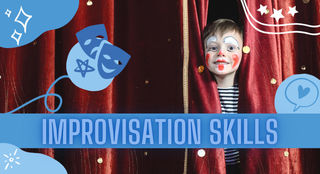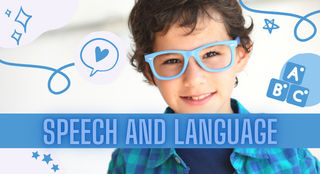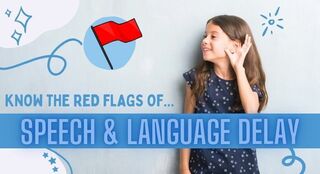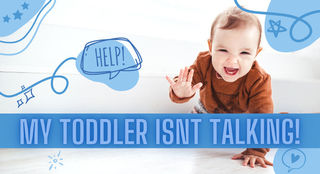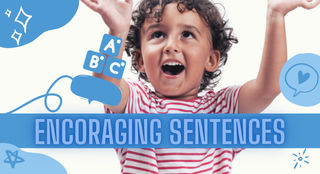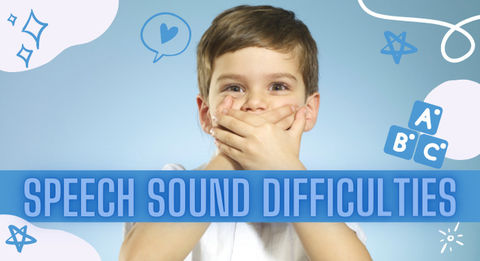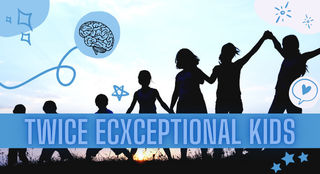-
Improvisations teach the brain to actively listen, communicate verbally and non-verbally, be open to ideas, respond quickly in the moment, use imagination, collaborate, effectively use emotions, be more engaging, be flexible to change and be more aware of what’s going on around us. During improvisations, children learn to spontaneously create a script based on instant suggestions.
-
With an abundance of extra-curricular activities available to children today, parents are often faced with the difficult decision of which activities to choose for their child. There is not question that the benifits of speech and drama are huge! Read more about the benefits of Speech + Drama classes and why it is an activity that should not be overlooked!
-
I want to take a moment to explain the difference between speech and language and also define communication because these terms are important for parents and educators to understand.
-
Speech Therapists are the specialists in identifying and advising if your child has a speech and language delay. Know the red flags - and seek advice if you need to. Given the vital importance of communication to a child’s social mobility and life outcomes, EARLY IDENTIFICATION AND INTERVENTION OF SPEECH & LANGUAGE DIFFICULTIES IS ESSENTIAL
-
As a parent it can be hard to know what is "normal" communication development. Just like walking, toilet training, learning to read and every other developmental milestone, there is a wide range of what is considered to be “normal". It's more complicated than just giving you a number, nut i generally suggest to parents that by age two years their child should have a vocabulary of about 50 words and be beginning to link words together into 2-word phrases.
-
I am sharing with you four of my favourite strategies I share with parents and caregivers to help enhance their child’s speech and language skills. These strategies can be implemented anywhere! Try them while you help to dress your toddler, prepare meals, during play time at home, in the car or even at a fun place like at the park. The more you use these language elicitation strategies, the more your child should learn to understand and use words. So, please go ahead and try these techniques today. Have fun and don’t forget to praise your child for all of their attempts at speech and language, especially if they attempt or say something new!
-
It’s really exciting when children start to combine words into little sentences. This usually happens when they are about 30 months old, but it may happen later for children with language delays. There are many things you can do to help your child learn to use sentences. Whether your child is developing typically or has a language delay, you can talk to your child in a way that encourages his sentence development:
-
Teletherapy involves the delivery of professional services online by linking a clinician to their client for assessment, intervention, and consultation. More so than ever before in New Zealand, teletherapy is an essential model of service delivery for new assessments and continuity of ongoing therapy intervention and progress
-
As a parent, it can be hard to know how to support your child when they are experience speech sound difficulties. Speech sound difficulties may make it a real struggle to understand what your child is saying. This can lead to behaviour problems, feelings of worry, and frustration.
-
Some children are highly gifted in areas such as math, writing or music. Then there are those with challenges that affect learning: They could have ADHD, dyslexia or dyscalculia, or perhaps they’re autistic or have sensory processing issues. But there are also kids who fit both categories. They’re called twice-exceptional, or 2e, which means that they have exceptional ability and disability. They are gifted in some way but they also face learning or developmental challenges.
-
If your child has glue ear, it means there is fluid in the space behind the ear drum. The medical term for Glue Ear is Otitis Media. The main symptom of glue ear is hearing difficulty. Hearing loss for long periods during the early years may affect speech and language development.
-
Structured literacy (SL) teaching is the most effective approach for students who experience unusual difficulty learning to read and spell printed words. The term refers to both the content and methods or principles of instruction. It means the same kind of instruction as the terms multisensory structured language education and structured language and literacy.
